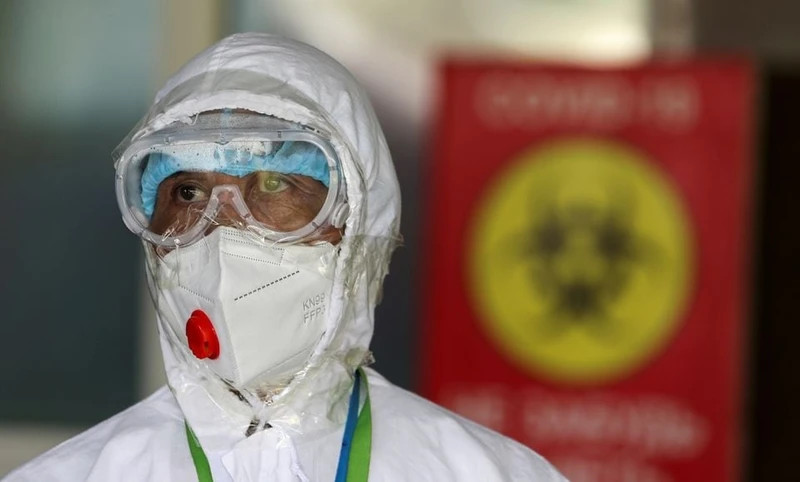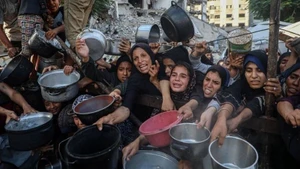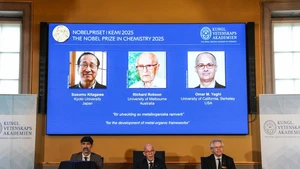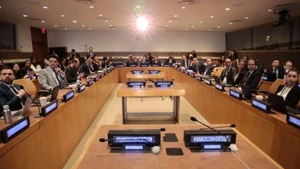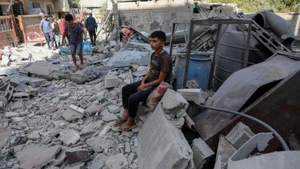In an open letter, the co-chairs of the Independent Panel for Pandemic Preparedness and Response and several country leaders warned that the risk of a new pandemic in the future is inevitable. The letter called on the world to quickly reach a consensus on a legally binding treaty to respond more effectively to future pandemics. This treaty will ensure that all countries can detect, warn and prevent the threat that pandemics may pose, as well as ensure that countries are equipped with tools to protect people's health.
The initiative to build a global treaty on pandemic response was launched in 2021 when the COVID-19 epidemic shook the health systems of countries. WHO Director-General Tedros Adhanom Ghebreyesus once expected this to be a historic agreement marking a strong global change in the way the world approaches health security after the COVID-19 crisis. The head of the WHO also hoped that by May 2024, this legal agreement would be ratified by 194 WHO member countries.
However, from expectation to reality is a long distance and requires significant effort from countries. To date, the negotiation process on the treaty remains stalled due to disagreements. Speaking at a recent WHO meeting, Ghebreyesus said that many countries may not be able to implement their commitments in the agreement, while there are still some concerns that need to be resolved.
Politico commented that the negotiation process is unlikely to reach the finish line in May 2024 due to many factors, one of which is that countries’ attention to the pandemic response is gradually giving way to other issues, while the COVID-19 epidemic is no longer a medical emergency. In addition, countries also disagree on some aspects of the draft agreement text, such as intellectual property rights and sharing information about pathogens.
The countries are expected to conduct two more discussion sessions related to the treaty. The Independent Panel for Pandemic Preparedness and Response called on countries to “race against time” to reach an agreement on time. The current epidemic outbreaks are creating an urgent need to strengthen coordination between countries and international organisations.
The WHO warned that although the number of deaths related to COVID-19 has decreased significantly compared to the peak period, about 10,000 people still die each month from this disease in about 50 countries around the world. Cholera and dengue fever also spread rapidly in Africa and Asia. However, in recent times, countries have still made efforts to implement many initiatives to raise public awareness of epidemics, share disease control models, share vaccines and cooperate in vaccine research and development.
To address inequality in vaccine access, the Global Alliance for Vaccines and Immunization (GAVI) has announced an investment plan of up to 1 billion USD to promote vaccine production in Africa. Funding for this programme came from remaining funds in the COVAX initiative. The International Federation of Red Cross and Red Crescent Societies (IFRC) recently called on countries to establish an “international vaccine bank” to prevent the next pandemic.
